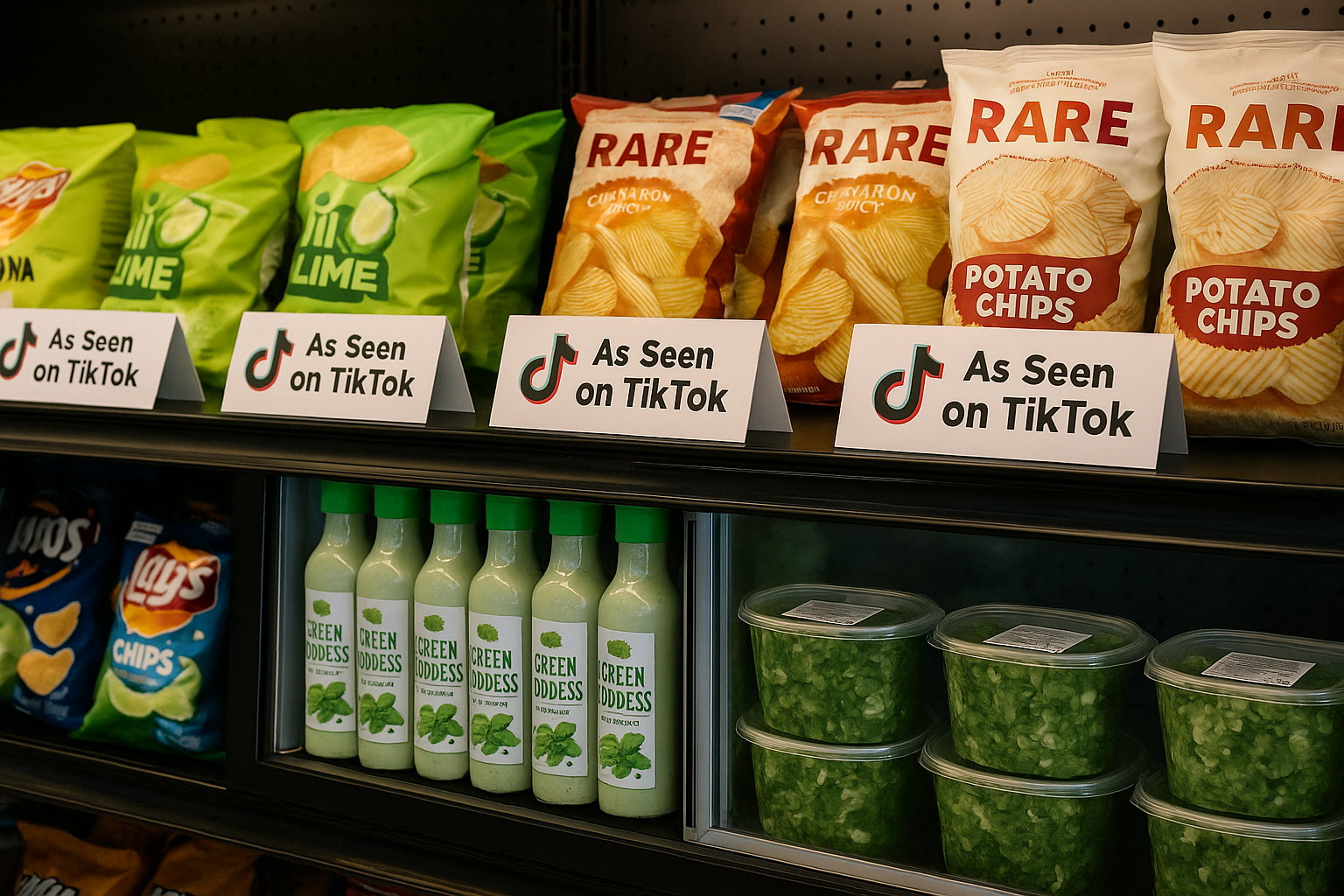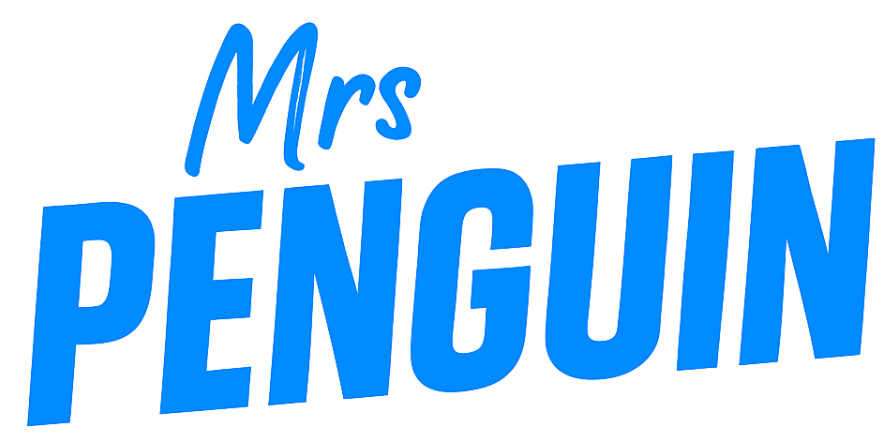- Viral TikTok recipes are now shaping supermarket product lines.
- Retailers track social media to stock trending ingredients faster.
When Virality Meets the Shopping Cart
Not long ago, grocery shelves were shaped by seasonal trends, ad campaigns, and chef-driven recipes in glossy magazines. Now, a 20-second TikTok clip can do the same job — in a fraction of the time. Retailers across the US and Europe are quietly watching what goes viral on the app, using it to predict which products will fly off shelves next week (The Guardian).
The strategy is simple: follow the clicks. When a matcha latte recipe racks up millions of views or a new “smash burger taco” hack takes off, supermarkets don’t wait for a sales report. They react immediately — sometimes creating special displays or shifting inventory within days. In the words of one buyer for a major chain, “We’re not just stocking groceries anymore. We’re stocking culture.”
Winners in the TikTok Era
The beneficiaries of this shift are often niche brands and overlooked ingredients. Consider chili crisp: once a specialty condiment, it became a household staple after countless creators drizzled it over eggs, noodles, and even ice cream. The same happened with cottage cheese “ice cream,” turning a decades-old diet food into a viral protein snack.
Big names are taking notes. Sauce brand Rao’s saw a sales jump after appearing in dozens of TikTok pasta videos and responded with targeted ad campaigns aimed squarely at the platform’s food-loving crowd (SPINS). Even Walmart jumped in, giving shelf space to the once-homemade “Pink Sauce” after it blew up online (Axios).
The Challenge for Retailers
TikTok’s speed is both its power and its problem. Trends can peak in three days and vanish by the weekend. That’s a logistical headache for supermarket chains, which traditionally plan their assortments months in advance. Some retailers now keep a “flex shelf” in each store for experimental or short-lived items, giving them a low-risk way to ride the next wave.
Others are partnering directly with creators. Target’s collaboration with vegan influencer Tabitha Brown brought her plant-based products to stores nationwide (Target) — proof that a viral personality can have staying power when paired with the right retail strategy.
What It Means for Food Culture
TikTok has essentially democratized the food trend pipeline. A home cook in their kitchen can inspire product shifts at a national supermarket within a week. The result is a food culture that’s faster, more diverse, and more unpredictable than ever.
For shoppers, it means you might stumble across ube spread, gochujang mayo, or pistachio-stuffed chocolate bars in your local store — all because someone, somewhere, posted a 15-second video that made millions hungry.
Related posts:
Jacklyn is a San Diego–based food journalist with a background in the confectionery world. Before diving into food reporting, she worked at a startup crafting plant-based, low-sugar sweets designed to make candy a little healthier







